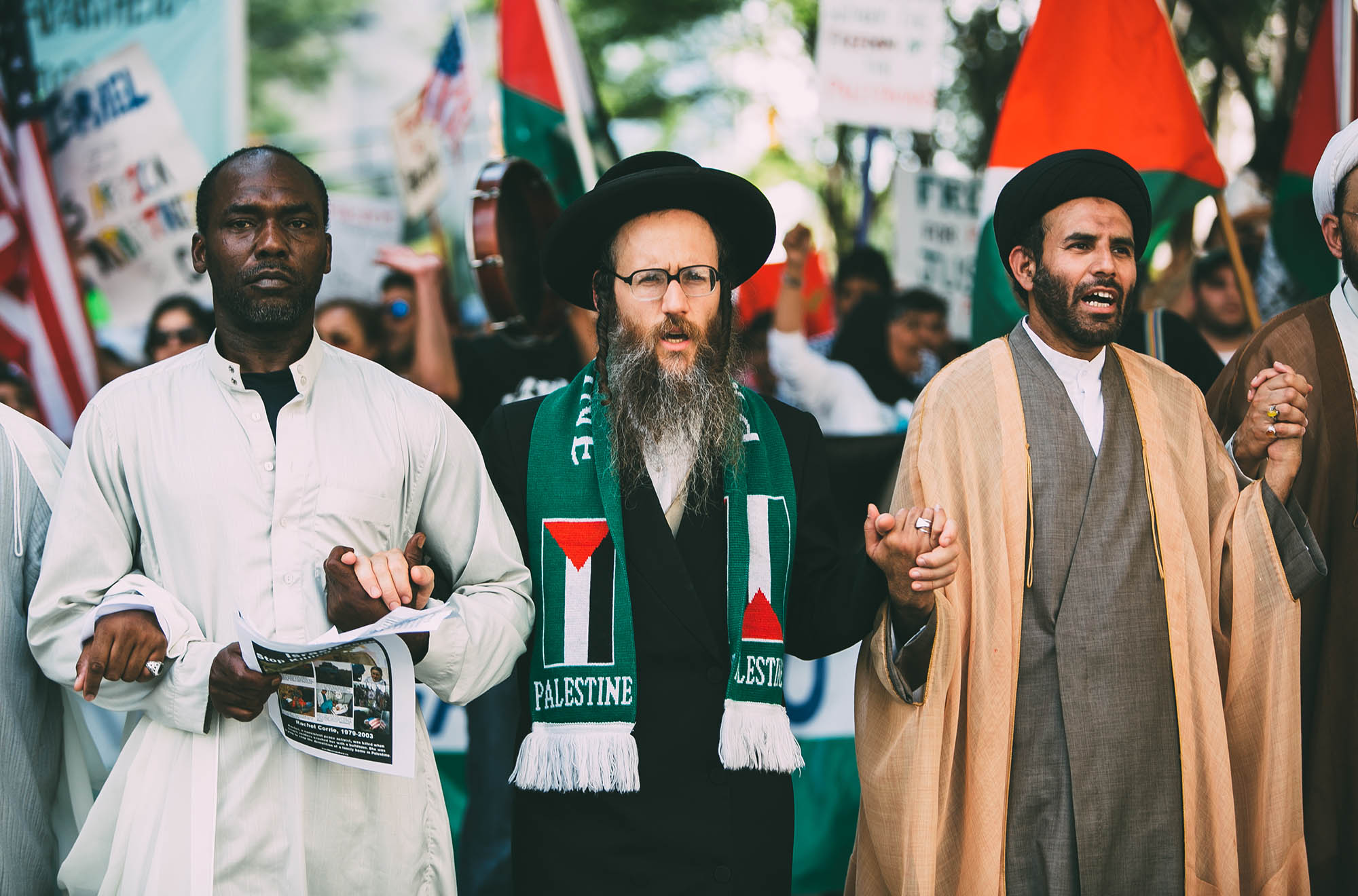Any Muslim government considering granting democratic freedom to enact sharia laws would do well to take Indonesia as a case study. National government leaders there granted Aceh province freedom to enact its own sharia laws in 2001. But they likely didn’t expect its drift toward an ultra-strict interpretation of sharia to affect other provinces, as is happening now.
Muslim ultraconservativism emphasizes the externals of religious piety—such things as wearing the veil and observing public prayers—over purity of heart. The externals then become easy means of measuring conformity and easy targets for coercion. Since Muslims in an increasingly oppressive atmosphere can’t afford to be branded un-Islamic, they simply accept the moving of the goal posts, knowing that resistance is futile.
As Indonesia’s other provinces are pressured to follow suit, Aceh’s story is having a domino effect. The problem is that the ultraconservative agenda is so effectively supported by the Saudis. Also, anti-Western sentiment is so easy to harness that it makes ultraconservatism seem right, even when it’s not. Amid such religious fervor, carefully researched historical studies have no chance of turning the populist tide. Instead, ultraconservatives present themselves as defenders of “true Islam” and their opponents as hypocrites foolishly seeking safety on irreligion’s slippery slope.



